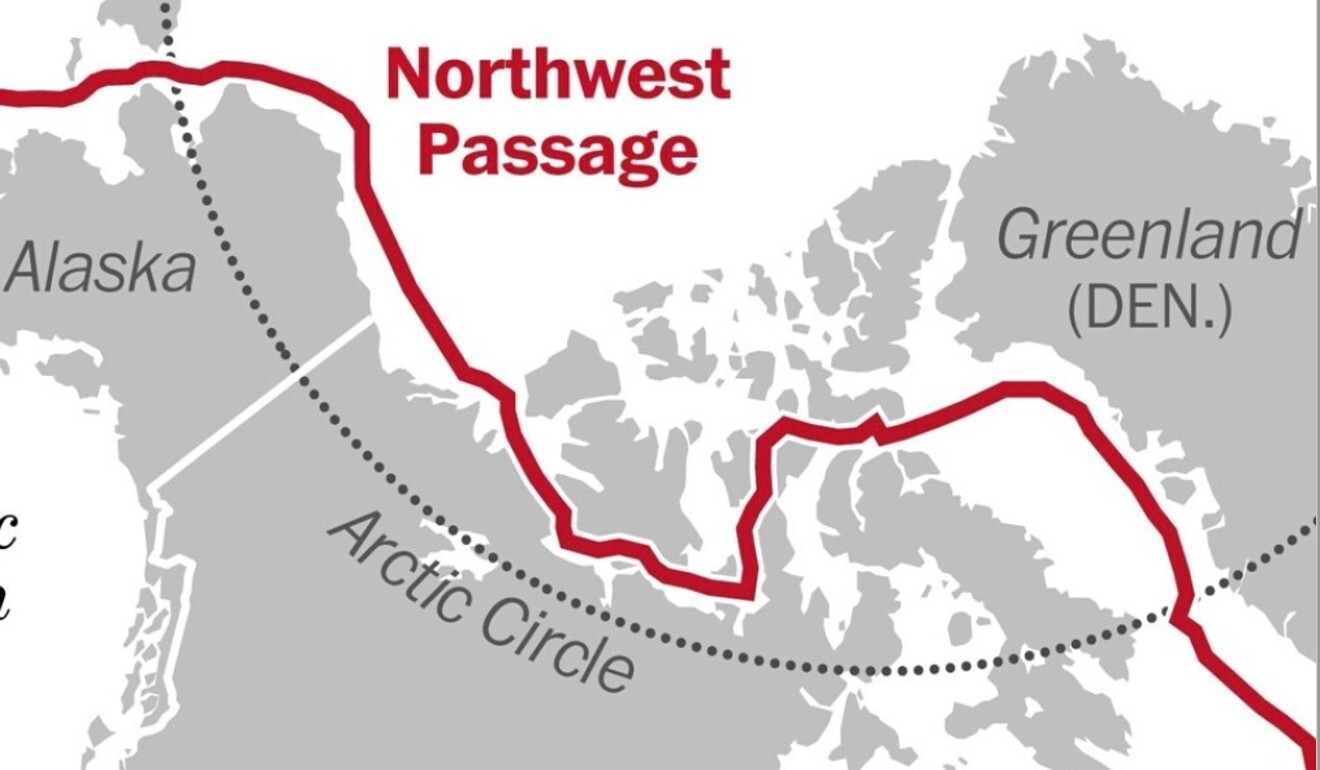
What is the role of adventurers in modern society when all lands have been mapped?
- Finding new lands is no longer an option but adventurers still have an important part to play in the modern age when the threat of climate change feels abstract
When the Vikings set off from shore their objective was clear and the benefit to their people obvious – to find new lands for trade, farming and in some cases, plunder. Eventually, they unwittingly found the entrance to the Northwest Passage, the Arctic route that links the Atlantic to the Pacific.
The search for the Northwest Passage intensified over the next few centuries as Europeans sought a short route to Asia for trading. A navigable route would save time, money and the possibility of running into a rival nations’ ships, resulting in battle.
These men were explorers. But the time for exploring has long passed and society’s moral compass has shifted away from unfettered expansion at the expense of everyone else in the world. And yet, in the last 10 years the number of adventurers has exploded, be it ocean rowers, expeditions to the poles or to unclimbed summits, and epic treks into wild landscapes.
Beyond their own personal gratification, do adventurers still serve a purpose in modern society? Yes, but it requires a proactive effort before, during and afterwards.
Climate change gives adventurers one last great first
Simply put, the role nowadays is to raise the alarm about climate change. Being in remote regions – the rainforests, a desert, the Arctic or Antarctic – adventurers are on the front line of the climate crisis. They can see first hand the disappearing wild, and can talk to the communities that are effected every day as their habitats are slowly destroyed.
When the expedition returns home there is nothing to force them to share their experience. But visiting remote regions is a privilege, and with privilege comes responsibility. Adventurers can and should feel obliged to carve a new role in modern society by being the environment’s greatest ally.

Readers and audiences are gripped by tales of icebergs, winds, near-death experiences and profound moments of introspection.
For this reason, adventurers might be in an even better position than scientists with dry statistics that are no doubt terrifying but hard to relate to. Instead, adventurers can act as scientists’ heralds, humanising the crisis and wrapping the statistics in stories of endeavour. Who would sign up for a talk on the melting ice when they could listen to a talk about polar exploration?

In 2021, a team is attempting to be the first to row the Northwest Passage. Myself included, the team will start in Pond Inlet, on Baffin Island, and row unsupported for two or three months to Point Barrow, Alaska.
It is terrifying. The simple message – we should not even be there – is more powerful and understandable than the statistics: the ice is melting at a rate of 13.1 per cent compared with 1981-2010 rates, according to Nasa.
The team is embracing its new role and collecting data for New York University and plastic pollution NGO Big Blue Ocean Cleanup, and talking to Inuit communities to understand how their home is changing.
That is not to say we are not adventurers first and foremost. It would be disingenuous to say that the “world first” is not our primary goal. It is OK for those who are drawn to the wild to admit their motivations, but they need to also admit that by accepting the honour of pushing off into the unknown, they accept the obligations of being on the climate’s front line.
And if an adventurer chooses not to use their platform to ring the climate bell, they will only be the architect of their own downfall. The wild and untouched landscapes they so love to visit will disappear unless there is buy-in at every level of society to combat climate change now.

The days of mapping new lands are over. But so too are the days of pushing your physical limits and then resting on your laurels. We are in the midst of humanity’s most serious existential crisis, and in the Northwest Passage we will see it first hand.
Passing through the Arctic by row boat will be the greatest experience of my life. And the obligation to bear witness to climate change will be my greatest responsibility, too.

